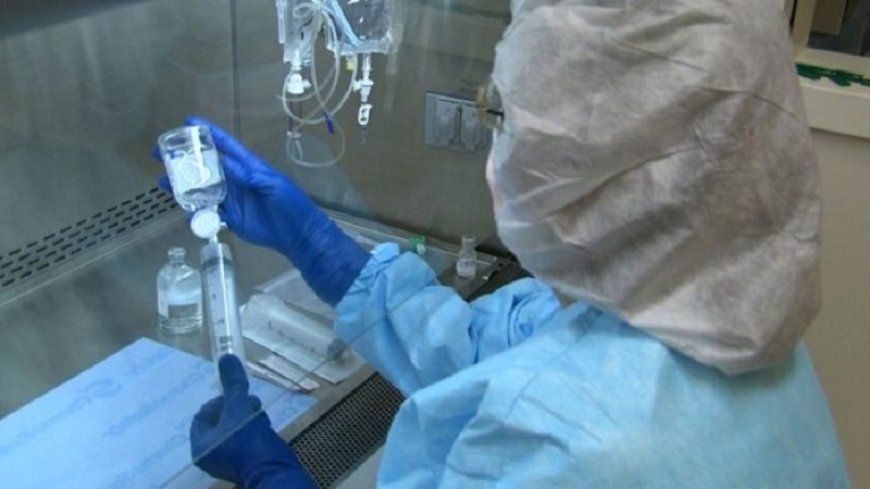Covid: neurological disorders are less frequent and in the majority of cases they are resolved
Covid: neurological disorders are less frequent and in the majority of cases they are resolved

Less frequent neurological disorders and in the majority of cases, resolved, often even in a short time, in the pandemic waves following the first. These are the results of the Neuro-COVID Italy study, promoted by the Italian Society of Neurology (SIN), recently published in the international scientific journal Neurology, the official journal of the American Academy of Neurology. The neurological disorders associated with COVID-19 infection, collectively referred to as “neuro-COVID”, are among the most alarming, controversial and least understood aspects of the recent pandemic.
These are different symptoms and diseases – from acute encephalopathy (i.e. a severe state of confusion, with disorientation and hallucinations) to ischemic stroke, cerebral hemorrhage, concentration and memory difficulties, chronic headache, reduced sense of smell and taste, some forms of epilepsy and inflammation of the peripheral nerves. The Neuro-COVID Italy project involved 38 Neurology operating units in Italy and in the Republic of San Marino and was coordinated by Prof. Carlo Ferrarese, director of the Neurological Clinic of the University of Milano-Bicocca at the Irccs San Gerardo dei Tintori Foundation of Monza. The study, conceived by researchers of the University of Milan (Prof. Vincenzo Silani and Alberto Priori, respectively Director of the Neuroscience Department of Auxologico Irccs and Director of the Neurological Clinic III, San Paolo University Pole) and of Milan-Bicocca (Prof . Carlo Ferrarese), was presented to the Ethics Committee of Auxologico Irccs in Milan on 26 March 2020, and lasted for a period of 70 weeks, from March 2020 until June 2021, with a subsequent follow-up until December 2021. Out of almost 53,000 patients hospitalized for COVID-19, approximately 2,000 patients were affected by neuro-COVID disorders and were followed up for at least 6 months after diagnosis, to analyze the evolution of the disorders.
“The Neuro-COVID Italy study was a great team effort, carried out with commitment and dedication by 160 neurologists working on the front lines during the toughest period of the pandemic,” says Carlo Ferrarese, coordinator of the study. "The study was promoted by the Italian Society of Neurology, which has supported all research activities from the outset". Dr. Simone Beretta, Neurologist at the IRCCS San Gerardo dei Tintori Foundation in Monza and first author of the study underlines the importance of the results obtained: "A first important fact is that neuro-COVID disorders have gradually become less frequent with each subsequent pandemic wave, from about 8 percent of the first wave to about 3 percent of the third wave. This is regardless of the respiratory severity of the virus and before the arrival of vaccines. The most probable reason for this reduction therefore seems to be linked to the variants of the virus themselves, which passing from the original one of Wuhan to Delta have made the virus less dangerous for the nervous system. With the Omicron variant and the use of vaccines, the situation has improved further and neuro-COVID disorders have now become very rare ”.













































